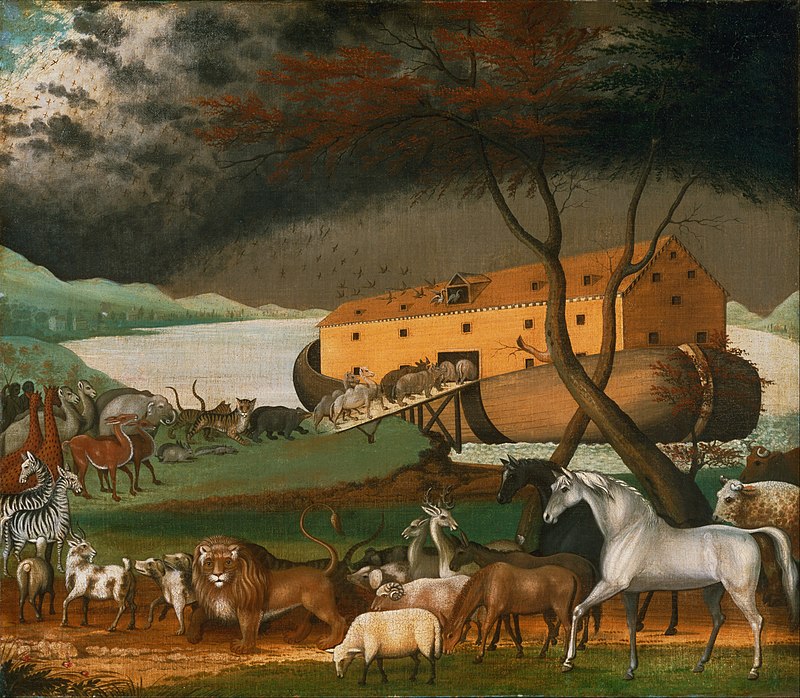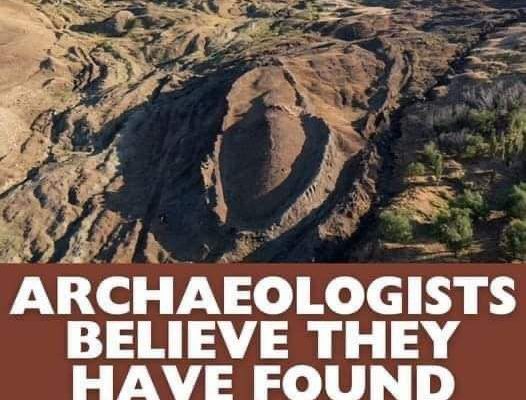Hurrah! The animals entered two by two. Hurrah! That must have just triggered a memory from a very long time ago, doesn’t it?
Although many people consider the biblical account of Noah’s Ark and its accompanying nursery rhyme to be a thing of the past, and perhaps even of fiction, it has been brought up to date with the 21st century.
Yes, that’s because after deciphering a 3,000-year-old map, experts think they have discovered the “location of Noah’s Ark.”
All of this boils down to the Imago Mundi, an antique artifact from Babylon that is a clay tablet with symbols engraved on it that outlines the creation theory of Christianity.
Using the tablet’s back as a key, experts at the British Museum have been able to decode the map.

It describes the things that a traveler will encounter along the way; in one section, it explains that they must travel “seven leagues… [to] see something that is thick as a parsiktu-vessel.”
Although that strange-sounding phrase appears on other Babylonian tablets, it is especially noteworthy in this instance because it describes the size of a boat required to survive the Great Flood. Alright, guys, you can figure things out.
After following those directions, researchers discovered a route leading to “Urartu.” In order to preserve life, a man and his family landed an ark, according to an old Mesopotamian poem. Maybe a man named Noah?
Indeed, the place is the Assyrian equivalent of the Hebrew term for the mountain that Noah’s ship crashed against, “Ararat.”
Curator at the British Museum, Dr. Irving Finkel explained: “It shows that the story was the same, and of course that one led to the other, but also that from the Babylonian point of view, this was a matter of fact thing.”
“That if you did go on this journey you would see the remnants of this historic boat.”
The tablet has been destroyed since it was discovered in present-day Iraq in 1882, but it once included eight triangles that scientists determined represented mountains.
“Number four says ‘to the fourth, to which you must travel seven leagues’,” Dr. Finkel said and explained how the passage continues to outline how a journeyer will eventually stumble upon a giant vessel. Yes, an ark, surely.
“This parsiktu measurement is something to an assyriologist that makes their ears prick and the fact is it’s only once otherwise known from cuneiform tablets, and it’s rather an interesting cuneiform tablet too,” said the museum’s curator.
“Because it is the description of the Ark, which was built, theoretically, by the Babylonian version of Noah.”
Now Trending:
- Here’s The Surprising Reason Why Button-down Shirts Have That Little Loop On The Back
- If You Find A “Bleach” Patch On Your Underwear, You’d Better Know What It Means
- Levi’s CEO Said That Real ‘Denim Heads’ Know Not To Wash Their Jeans In The Machine
Please SHARE this story with Family and Friends and let us know what you think about it in the comments!



